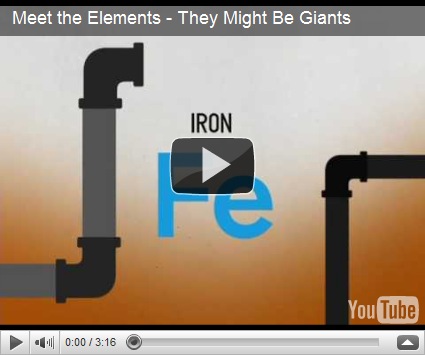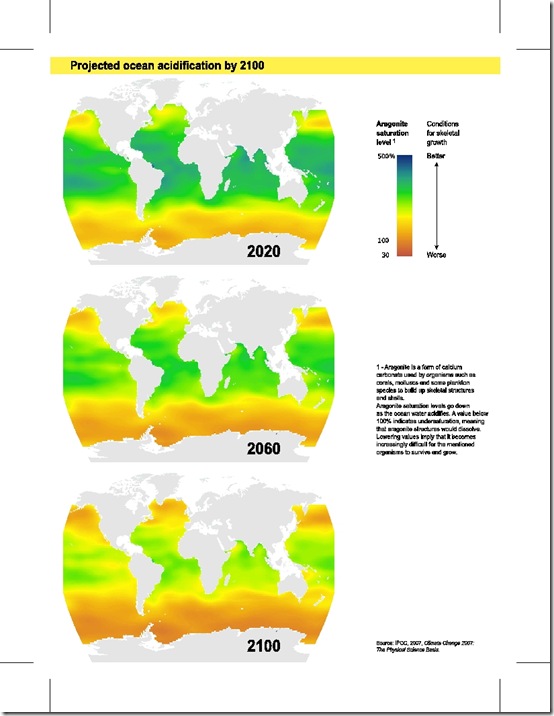So, Voyage of the Dawn Treader has attracted very mixed reviews, and, I thought, was certainly the end of the series after the first weekend box office in the States was only about $24 million: half that of the first two movies in the series.
Yet, overseas box office has been surprisingly strong, bringing the total take to over $100 million already. The studio says it’s happy; so who knows, maybe there will be another. I can’t remember a single thing about The Silver Chair, though, so I have no idea how readily it might be adapted.
Anyhow, that’s not the main point of the post. Narnia movies always stir up debate about whether the religious themes are too obvious or heavy handed. (It’s a handy criteria for judging reviews of the films: if they complain about them being so Christian, they can safely be ignored. It’s like complaining to the waiter that there’s tomato in your bolognaise sauce.)
This time around, I have enjoyed some of the comments in a Guardian story on this aspect of the movie. Having the readership that it does, there are many who complain about the Christian element and virtually consider it a corruption of children to have such ideas appear in their fiction. But I liked this response:
Still think its a bit amusing (and strange) how people complain about Christian themes being 'corrupting' when woven into the subtext of one narrative or another - yet Lady Gaga gyrating and wagging her bacon clothed crotch about while singing 'lets have some fun this beat is sick, I wanna take a ride on your disco stick' (And yes seven year old kids do mimic the dance moves and sing the lyrics completely innocent of any ulterior connotations) doesn't conjur nearly the same level of pompous ire. I ain't got a problem with Lady Gaga necessarily (though as you will have guessed I'm not much of a fan of her music), just think the contrast in response is amusing.
And, of course, you can't have a discussion of Narnia without comparisons with Tolkien breaking out. Readers may recall that I belong to the (seemingly) very small club known as People Who Think Tolkien is Vastly Over-rated in Every Respect. The movies bored me; before they came I had tried to read the first book of LOTR twice; and when that didn’t work tried the Hobbit. Bored and gave up for lack of interest every time. I haven't spent a lot of time trying to analyse why: I just think he's stylistically a dull writer, and I just don't understand what it is, thematically, that people respond to.
But now, in this Narnia thread, someone made a comment that rang very true to me:
I like many posters on her, I grew up in an atheist family. I discovered the books through friends at school, and thoroughly enjoyed them, more than the Tolkein books as the main characters weren't exclusively male, and the adventures didn't drag on and on ad-nauseum, with battle followed by journey, followed by battle etc. Also, good and evil were things that could happen because of the choices a person made; not like the Tolkein books, where good and evil, are just depersonalised 'forces' which people either succumb to or not, which I think is a far more primitive, 'superntaural' take on morality, which avoids the truth, that people chose to act in a particular way, but can also change and chose not to.
I have to admit that, not having got more than about 100 pages into LOTR, I am not one to really judge, but that explanation of the treatment of good and evil in Tolkien sounds right to me, and may be why I don’t respond to him.
And now let’s end with a couple of Guardian readers who complain about the Anti-Lewis (Philip Pullman’s), books (which I haven’t read, but like to kick anyway):
Narnia might be a bit shit but The Golden Compass is the most preachy nonsense for years. My nieces/nephews all loved Harry Potter and Narnia, but really did think they were getting a lecture from PP
I couldn't agree more. I read his trilogy, which started off well enough, but not too far into book two I felt that at times I might as well just have had Pullman shouting "Religion is bad!" in my face. His message was as subtle as a kick in the balls and really put me off (even as an atheist).



